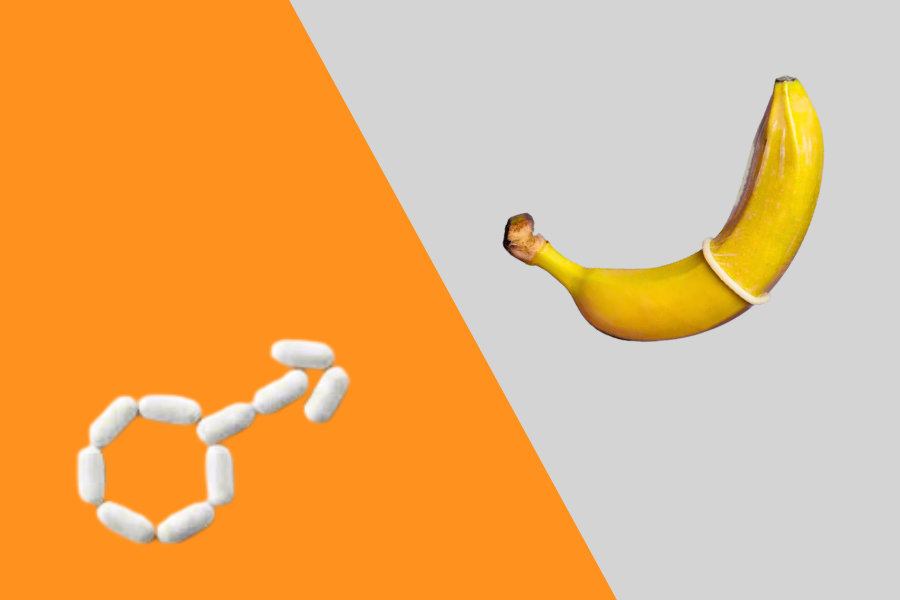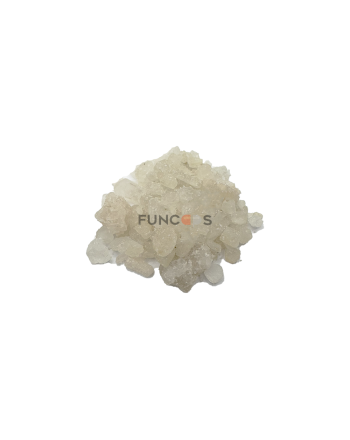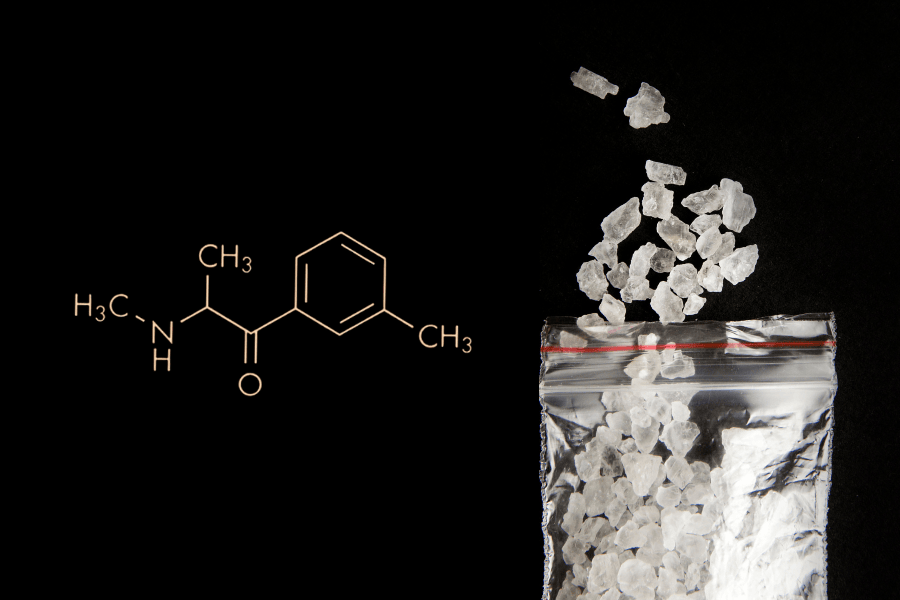Scientific insights into dechloroketamine experiences
- Funcaps
- Blogs about research chemicals
- 20 Dec 2024
- 26views
- Reading time: 3 minutes

Deschloroketamine, also known as DCK, is a research chemical that falls into the same family as ketamine. It is studied for its dissociative properties, which are similar to ketamine, but with subtle differences in action and duration. In recent years, interest in DCK has increased among researchers, and it is seen as an interesting substance for experimental research. But what makes DCK different from ketamine? And what are the experiences of people who have used it in research settings? In this blog, we discuss what DCK is, how it works, average experiences, potential risks and how to research it safely.
Experiences with dechloroketamine
Experiences with DCK vary widely, depending on dosage, personal sensitivity and the setting in which it is used. Here are some of the most commonly reported effects:
- Users often report that the dissociative effects of DCK are less intense than those of ketamine, making it more accessible for experimentation
- Compared to ketamine, DCK has a longer duration of action, giving researchers more time to observe the effects
- Many users describe a sense of inner peace and deep reflection
- At higher doses, DCK can cause confusion or difficulty in logical thinking.
- Some researchers report mild nausea, dizziness or increased heart rate.
- As with other dissociatives, regular use can lead to rapid tolerance, requiring higher doses to achieve the same effect.
What is deschloroketamine (DCK)?
Deschloroketamine is a synthetic substance belonging to the class of arylcyclohexylamines. These substances are known for their dissociative properties, meaning they can alter the perception of reality. DCK is often described as an alternative to ketamine because of the similarities in action, but it has a longer duration of action and is often perceived as more subtle.DCK is legal in some countries, but strictly regulated in others. It is sold exclusively for research purposes, and human consumption is prohibited in most cases.
How does dechloroketamine work?
DCK acts on the NMDA receptors in the brain, which are involved in regulating memory, learning and pain perception. By blocking these receptors, DCK induces a dissociative state where users may feel disconnected from their bodies or environment.
In controlled research settings, the effects are often described as:
- Dissociation
- Euphoria
- Calming effect
How long does DCK work?
DCK's duration of action is one of its main differences from ketamine. While ketamine usually works for 45-90 minutes, DCK can offer effects that last for 2-4 hours.
- Within 20-30 minutes after ingestion, you can begin to experience effects
- Peak is reached after about 1 to 2 hours
- Users often report a mild “afterglow” that can last for several hours
The longer duration of action makes DCK suitable for experiments where a long-lasting effect is desired.
Risks and side effects
Although DCK is considered safer than some other dissociatives, there are still risks and side effects to consider.
- Dry mouth, increased heart rate, dizziness or feeling slightly unsteady.
- Confusion, memory problems and, in rare cases, anxiety or paranoia.
- Regular use can lead to tolerance or bladder problems, similar to what is observed with ketamine.
How do you research DCK safely?
If you are planning on researching DCK, it is important to take safety precautions to minimize risks. Here are some tips:
- Start with a low dose
- Provide a calm and controlled setting where you feel comfortable
- Provide a trip sitter
- Drink plenty of water, but avoid excessive hydration.
- Due to the longer duration of action, it is important to allow enough time for the experiment and aftermath.
- Do not use DCK with other substances, such as alcohol, to avoid unpredictable reactions.
Deschloroketamine, or DCK, is a fascinating substance with unique dissociative properties. It is often seen as an alternative to ketamine, with a longer duration of action and more subtle effects. Researchers report positive experiences, such as mild dissociation and introspection, but it is important to exercise caution because of possible side effects and risks.













